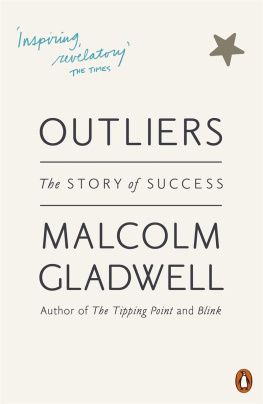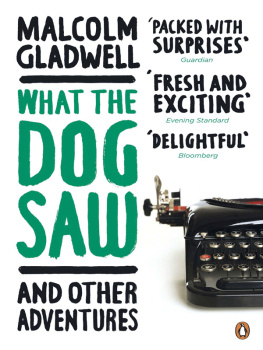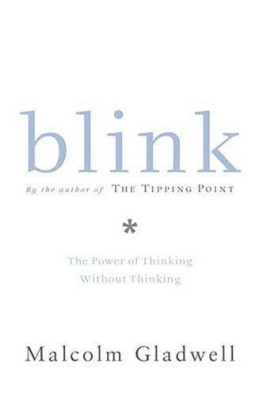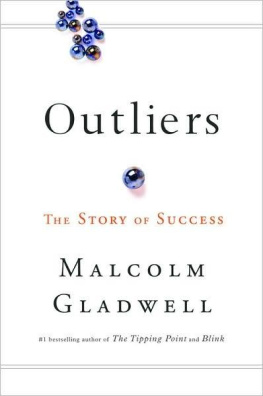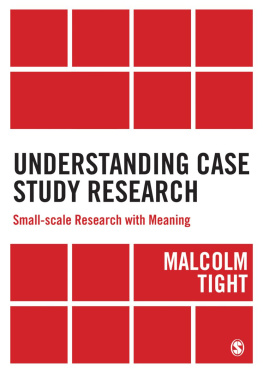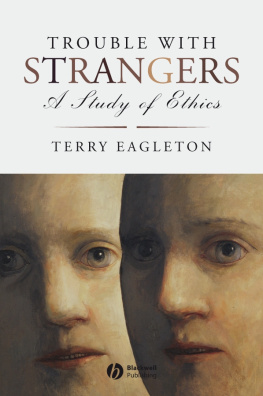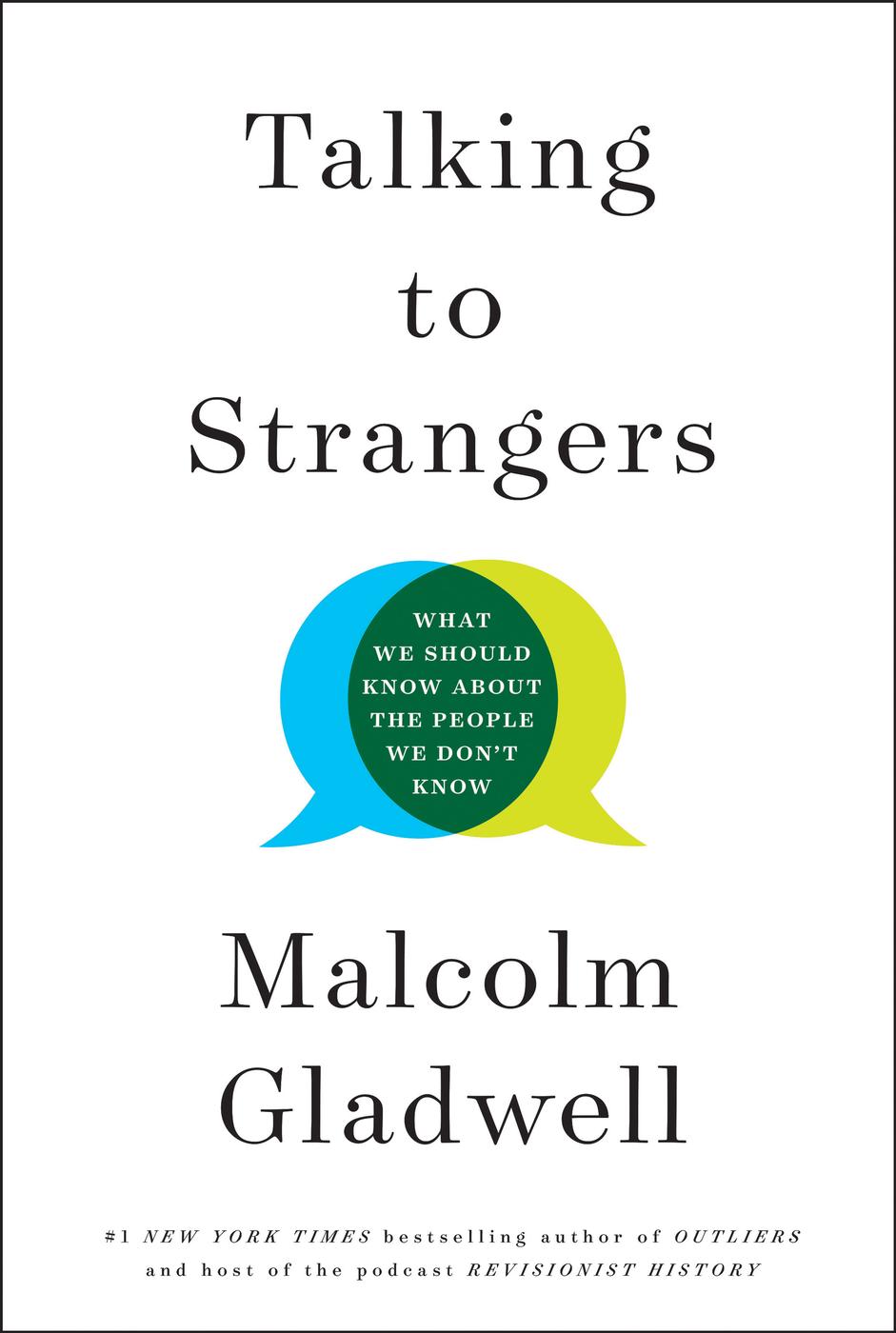Many years ago, when my parents came down to visit me in New York City, I decided to put them up at the Mercer Hotel. It was a bit of mischief on my part. The Mercer is chic and exclusive, the kind of place where the famous and the fabulous stay. My parentsand particularly my fatherwere oblivious to that kind of thing. My father did not watch television, or go to the movies, or listen to popular music. He would have thought People magazine was an anthropology journal. His areas of expertise were specific: mathematics, gardening, and the Bible.
I came to pick up my parents for dinner, and asked my father how his day had been. Wonderful! he said. Apparently he had spent the afternoon in conversation with a man in the lobby. This was fairly typical behavior for my father. He liked to talk to strangers.
What did you talk about? I asked.
Gardening! my father said.
Oh, I have no idea. But the whole time people were coming up to him to take pictures and have him sign little bits of paper.
If there is a Hollywood celebrity reading this who remembers chatting with a bearded Englishman long ago in the lobby of the Mercer Hotel, please contact me.
For everyone else, consider the lesson. Sometimes the best conversations between strangers allow the stranger to remain a stranger.
1.
In July 2015, a young African American woman named Sandra Bland drove from her hometown of Chicago to a little town an hour west of Houston, Texas. She was interviewing for a job at Prairie View A&M University, the school shed graduated from a few years before. She was tall and striking, with a personality to match. She belonged to the Sigma Gamma Rho sorority in college, and played in the marching band. She volunteered with a seniors group. She regularly posted short, inspirational videos on YouTube, under the handle Sandy Speaks, that often began, Good morning, my beautiful Kings and Queens.
I am up today just praising God, thanking His name. Definitely thanking Him not just because its my birthday, but thanking Him for growth, thanking Him for the different things that He has done in my life over this past year. Just looking back at the twenty-eight years I have been on this earth, and all that He has shown me. Even though I have made some mistakes, I have definitely messed up, He still loves me, and I want to let my Kings and Queens know out there to that He still loves you too.
Bland got the job at Prairie View. She was elated. Her plan was to get a masters degree in political science on the side. On the afternoon of July 10 she left the university to get groceries, and as she made a right turn onto the highway that rings the Prairie View campus, she was pulled over by a police officer. His name was Brian Encinia: white, short dark hair, thirty years old. He was courteousat least at first. He told her that she had failed to signal a lane change. He asked her questions. She answered them. Then Bland lit a cigarette, and Encinia asked her to put it out.
Their subsequent interaction was recorded by the video camera on his dashboard, and has been viewed in one form or another several million times on YouTube.
Bland: Im in my car, why do I have to put out my cigarette?
Encinia: Well, you can step on out now.
Bland: I dont have to step out of my car.
Encinia: Step out of the car.
Bland: Why am I
Encinia: Step out of the car!
Bland: No, you dont have the right. No, you dont have the right.
Encinia: Step out of the car.
Bland: You do not have the right. You do not have the right to do this.
Encinia: I do have the right, now step out or I will remove you.
Bland: I refuse to talk to you other than to identify myself. [crosstalk] I am getting removed for a failure to signal?
Encinia: Step out or I will remove you. Im giving you a lawful order. Get out of the car now or Im going to remove you.
Bland: And Im calling my lawyer.
Bland and Encinia continue on for an uncomfortably long time. Emotions escalate.
Encinia: Im going to yank you out of here. [Reaches inside the car.]
Bland: OK, youre going to yank me out of my car? OK, all right.
Encinia: [calling in backup] 2547.
Bland: Lets do this.
Encinia: Yeah, were going to. [Grabs for Bland.]
Bland: Dont touch me!
Encinia: Get out of the car!
Bland: Dont touch me. Dont touch me! Im not under arrestyou dont have the right to take me out of the car.
Encinia: You are under arrest!
Bland: Im under arrest? For what? For what? For what?
Encinia: [To dispatch] 2547 County FM 1098. [inaudible] Send me another unit. [To Bland] Get out of the car! Get out of the car now!
Bland: Why am I being apprehended? Youre trying to give me a ticket for failure
Encinia: I said get out of the car!
Bland: Why am I being apprehended? You just opened my
Encinia: Im giving you a lawful order. Im going to drag you out of here.
Bland: So youre threatening to drag me out of my own car?
Encinia: Get out of the car!
Bland: And then youre going to [crosstalk] me?
Encinia: I will light you up! Get out! Now! [Draws stun gun and points it at Bland.]
Bland: Wow. Wow. [Bland exits car.]
Encinia: Get out. Now. Get out of the car!
Bland: For a failure to signal? Youre doing all of this for a failure to signal?
Bland was arrested and jailed. Three days later, she committed suicide in her cell.
2.
The Sandra Bland case came in the middle of a strange interlude in American public life. The interlude began in the late summer of 2014, when an eighteen-year-old black man named Michael Brown was shot to death by a police officer in Ferguson, Missouri. He had just, allegedly, shoplifted a pack of cigars from a convenience store. The next several years saw one high-profile case after another involving police violence against black people. There were riots and protests around the country. A civil rights movement, Black Lives Matter, was born. For a time, this was what Americans talked about. Perhaps you remember some of the names of those in the news. In Baltimore, a young black man named Freddie Gray was arrested for carrying a pocket knife and fell into a coma in the back of a police van. Outside Minneapolis, a young black man named Philando Castile was pulled over by a police officer and inexplicably shot seven times after handing over his proof of insurance. In New York City, a black man named Eric Garner was approached by a group of police officers on suspicion that he was illegally selling cigarettes, and was choked to death in the ensuing struggle. In North Charleston, South Carolina, a black man named Walter Scott was stopped for a nonfunctioning taillight, ran from his car, and was shot to death from behind by a white police officer. Scott was killed on April 4, 2015. Sandra Bland gave him his own episode of Sandy Speaks.



